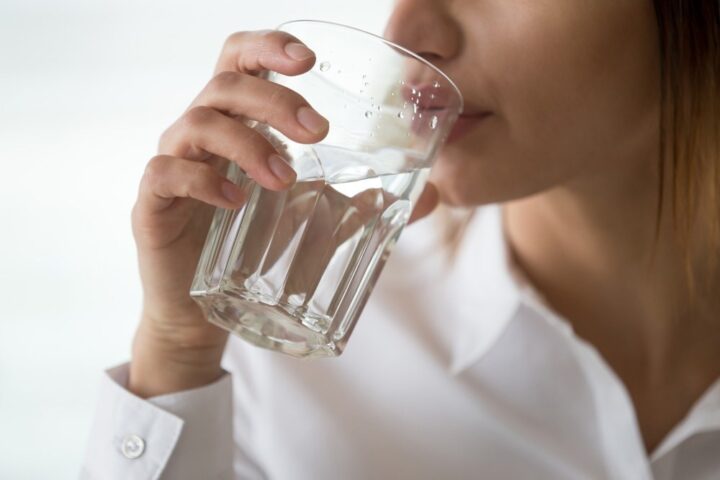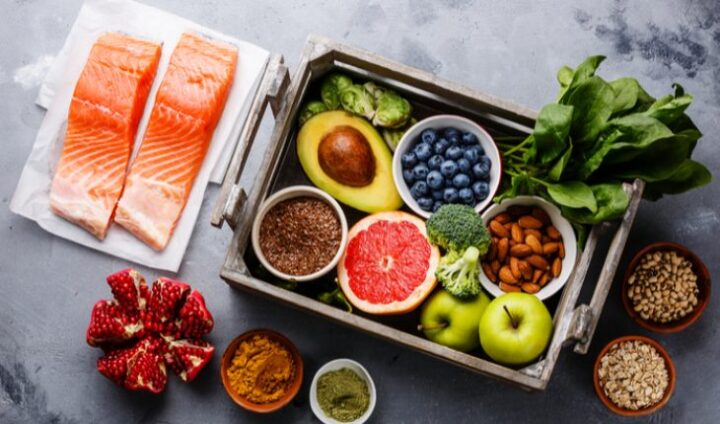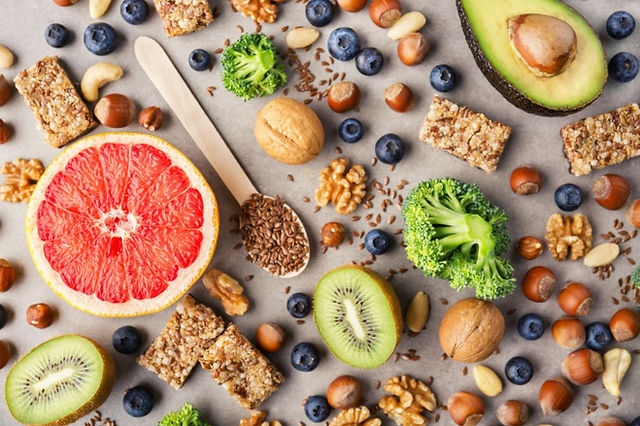Massage therapy is a valuable tool for relaxation, pain relief, and overall wellness, but its benefits can be significantly enhanced through proper hydration and nutrition.
After a session, the body undergoes a variety of physiological changes, including improved circulation and the release of metabolic waste products.
To fully capitalize on these benefits, it’s crucial to focus on hydration and nutrition, which play essential roles in recovery and maintaining the therapeutic effects of massage.
By understanding the impact of these factors, individuals can enhance their recovery process and promote long-term health and well-being.
Why is hydration vital for recovery?

Hydration is a key component of recovery, as it supports the body’s natural detoxification processes.
During a massage, the manipulation of muscles and soft tissues promotes the release of toxins and metabolic waste that have accumulated in the body.
Drinking plenty of water after a session helps flush these toxins out, facilitating their removal through the kidneys and lymphatic system.
Proper hydration also aids in reducing muscle soreness and stiffness, as it keeps the tissues pliable and lubricated, enhancing their flexibility and function.
Moreover, staying hydrated can help prevent post-session fatigue, a common occurrence when the body is working to eliminate toxins.
By maintaining adequate fluid levels, individuals can boost energy, improve mental clarity, and support overall physiological function.
Water is essential for transporting nutrients and oxygen to cells, which aids in tissue repair and recovery.
By prioritizing hydration after a session, individuals can optimize their body’s recovery mechanisms and maximize the therapeutic benefits of the treatment.
Why is proper nutrition vital for recovery?

Nutrition is another critical factor in promoting recovery and enhancing the effects of massage therapy.
A well-balanced diet provides the essential nutrients required for muscle repair, immune function, and overall health.
Consuming nutrient-dense foods after a session can help replenish energy stores, repair damaged tissues, and reduce inflammation.
Protein-rich foods, such as lean meats, fish, and legumes, supply the amino acids necessary for muscle recovery and growth, supporting the body’s healing processes.
In addition to protein, carbohydrates play an important role in replenishing glycogen stores depleted during physical activity or massage therapy.
Consuming complex carbohydrates, such as whole grains, fruits, and vegetables, can provide sustained energy and support recovery.
These foods are also rich in fiber, which aids digestion and promotes the elimination of waste products from the body.
Keep in mind that for different massages you might need a different diet recommendations, so before getting the Sokcho massage (속초마사지) ensure you talk to your Makangs therapist.
Furthermore, incorporating anti-inflammatory foods into the diet can help reduce muscle soreness and support the body’s natural healing processes.
Foods rich in omega-3 fatty acids, such as salmon, walnuts, and flaxseeds, have been shown to reduce inflammation and promote recovery.
Antioxidant-rich fruits and vegetables, such as berries, leafy greens, and citrus fruits, help combat oxidative stress and support overall cellular health.
By focusing on a balanced diet rich in essential nutrients, individuals can enhance the effects of massage therapy and promote optimal recovery.
How can we see the synergy between proper food and hydration?

Hydration and nutrition work synergistically to support the body’s recovery after a session.
Adequate hydration enhances nutrient absorption and transportation, ensuring that the body receives the necessary building blocks for repair and growth.
Drinking water before and after meals aids digestion and nutrient assimilation, optimizing the body’s ability to utilize the nutrients from food.
This synergy between hydration and nutrition creates a supportive environment for healing, allowing the body to recover more efficiently and effectively.
Incorporating both hydration and nutrition into a post-session routine can also enhance mood and mental well-being.
Dehydration and poor nutrition can lead to fatigue, irritability, and cognitive decline, which can undermine the relaxing and rejuvenating effects of massage therapy.
By prioritizing these aspects, individuals can maintain a balanced emotional state, improve concentration, and promote overall wellness.
This holistic approach to recovery not only enhances the immediate benefits of session but also supports long-term health and vitality.
What are some strategies you need to be aware of?
Every individual’s hydration and nutritional needs can vary based on factors such as age, body weight, activity level, and specific health conditions.
Therefore, developing a personalized approach to hydration and nutrition is essential for maximizing the benefits of massage therapy.
For instance, athletes or individuals engaging in high-intensity physical activities may require increased fluid intake and a higher protein diet to support muscle recovery and repair.
Conversely, those with sedentary lifestyles may focus on maintaining a balanced intake of fruits, vegetables, and whole grains to support digestive health and energy levels.
Consulting with a healthcare provider or a registered dietitian can help tailor hydration and nutrition strategies to meet individual needs and goals.
By considering personal factors and preferences, individuals can ensure their post- recovery plan is both effective and sustainable.
What are the long-term benefits of this?

Focusing on hydration and nutrition not only enhances immediate recovery from therapy but also contributes to long-term health benefits.
Proper hydration helps maintain cardiovascular health, supports joint lubrication, and aids in temperature regulation, all of which are crucial for maintaining physical well-being.
Similarly, a nutritious diet rich in essential vitamins, minerals, and antioxidants supports immune function, reduces the risk of chronic diseases, and promotes healthy skin, hair, and nails.
Over time, these practices can lead to improved energy levels, better mood regulation, and increased resilience to stress.
By making hydration and nutrition integral components of their lifestyle, individuals can create a foundation for lasting health and vitality, amplifying the positive effects of massage therapy and enhancing overall quality of life.
Through consistent and mindful attention to these areas, individuals can achieve a harmonious balance that supports both physical and mental wellness.
The role of hydration and nutrition in recovery is fundamental to maximizing the therapeutic benefits of the treatment.
By prioritizing these elements, individuals can support their body’s natural healing processes, reduce muscle soreness, and enhance overall well-being.
Understanding the importance of hydration and nutrition allows individuals to make informed choices that promote optimal recovery and long-term health.
By integrating these practices into a holistic wellness routine, individuals can experience the full range of benefits that massage therapy has to offer, leading to improved physical and mental health, enhanced vitality, and a greater sense of balance and well-being.
